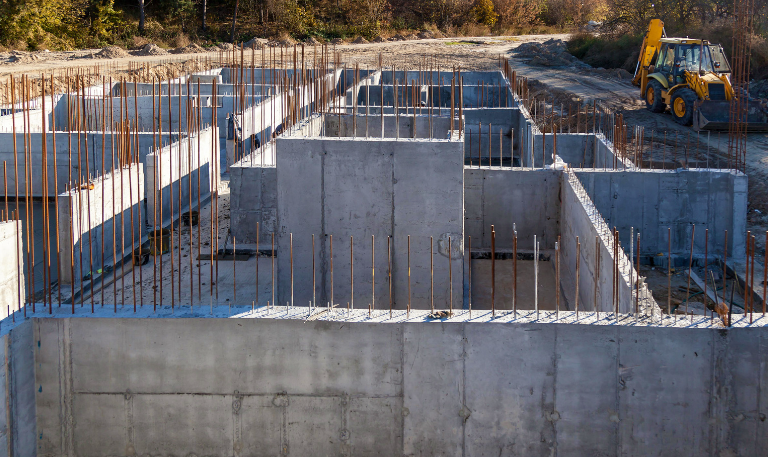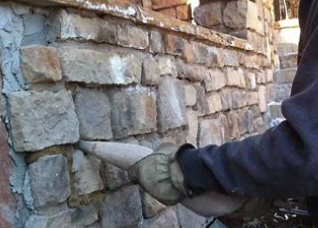What Makes Good Aggregate Materials for Concrete and Why are They Important?
For every construction project that requires concrete, you will need aggregates as filler material for the concrete. Aggregate materials for concrete include sand, crushed stone, and gravel. They are essential for creating concrete because the concrete can’t be made affordably with only water and cement.
Against the backdrop of the importance of aggregates, it is essential that you know how to pick suitable aggregates for excellent concrete that will fulfill the job’s requirements. Understanding why aggregates are essential will also help you attach greater value to them in a construction project. In this article, you can discover what makes good aggregates and the importance of aggregates.
What Makes Good Aggregates?
Before mixing the materials for the concrete, it’s vital that you select good aggregates for solid concrete. You may consider these points to understand what makes good aggregates:
- The aggregates should not be chert or friable aggregates. Chert aggregates have little resistance against weathering and may cause popouts, while friable aggregates are susceptible to splitting.
- Good aggregates should have different fraction sizes for adequate compaction of particles to ensure lower voids in concrete and increased density.
- Good aggregates should not contain flaky particles that have been elongated by more than 35% of their quantity.
- Good aggregates should not retain moisture above 10% of their weight after getting submerged in water for a day.
- Good aggregates should be non-porous, hard, chemically inert, and strong.
- A good coarse aggregate should fall into a size range of 1/8 in to 2 in (3 mm to 50 mm).
- Generally, any aggregate with a size above 3 in (76 mm) is not good.
- Fairly cubical and angular coarse aggregate particles are desirable but not as desirous as broken stone or gravel aggregates with a non-glassy and rough texture.
- A good aggregate should not be organic or dirt coating because items with such quality will damage the concrete’s durability.
- You can use the good aggregates efficiently by stacking different sizes together.
- You can use your good aggregates to ensure higher concrete density by mixing coarse and fine aggregates in a 70:30 or 60:40 ratio.
Importance of Good Aggregates for Concrete
Aggregates in concrete help increase the durability of concrete mixes and reduce production costs. Due to their ability to harden the concrete, aggregates generally make up 60% to 75% of the concrete’s volume. With the aggregates constituting a large part of the concrete, they make it denser, more water-resistant, more dimensionally stable and alter its heat retention characteristics.
These fantastic features of aggregates have made them vital in many construction materials such as mortar, concrete, and asphalt. Thus, using aggregates has become inevitable for building roads, railway tracks, buildings, sidewalks, airport runways, drainage, erosion control, water filtration, and parking lots. Construction companies also use them as fillers in embankment and site preparation projects.
Find Aggregates for Concrete at Ernest Maier
If you want to embark on a construction project and look to purchase aggregates in large or small amounts, Ernest Maier is the perfect place for you. We have gravel, stone, sand, and rock in various colors, gradations, and sizes so that you can pick the best for your project. Kindly read through the specifics of buying from us and contact us for further information.

Mobile Tool StoreRoger Joya
Latest News

4 Ways To Reinforce Concrete
Concrete is one of the most fundamental materials used in construction. If you’re working on a domestic project or a […]

The Environmental Benefits Of Using Ready-Mix Concrete
The construction industry is changing quickly to meet the growing demand for sustainability and eco-friendly practices. One of the most […]

6 Essential Tips For Grouting Stone Veneer
Grouting stone veneer is an important step in the installation process that can significantly impact the overall look and durability […]

Should You Fill Hollow Concrete Blocks?
Hollow concrete blocks are widely used in construction due to their strength, versatility, and lighter weight compared to solid blocks. […]
